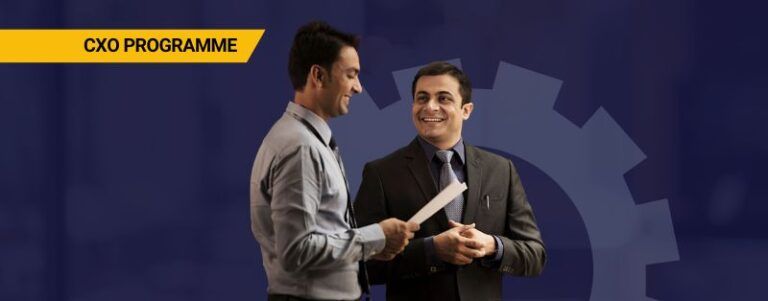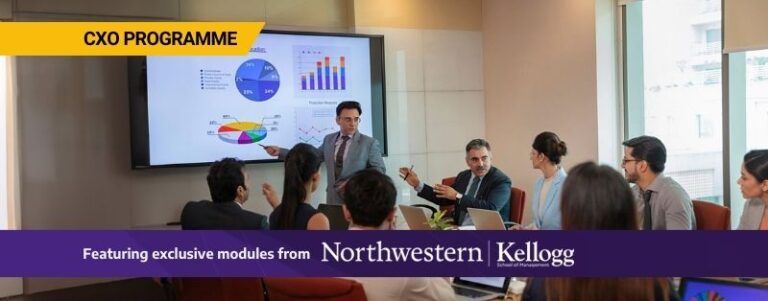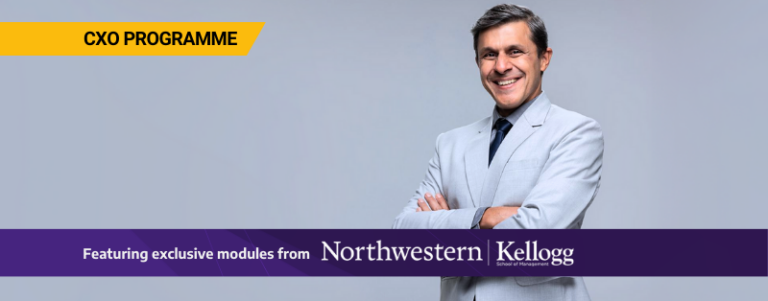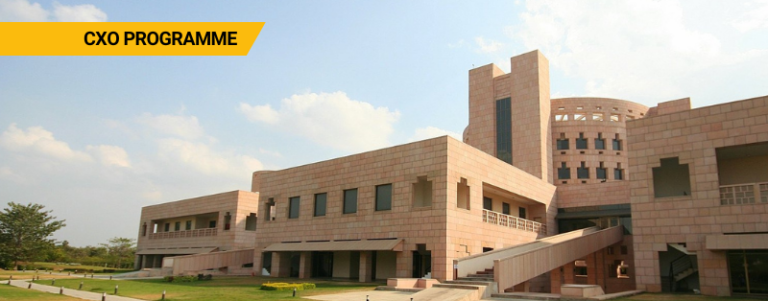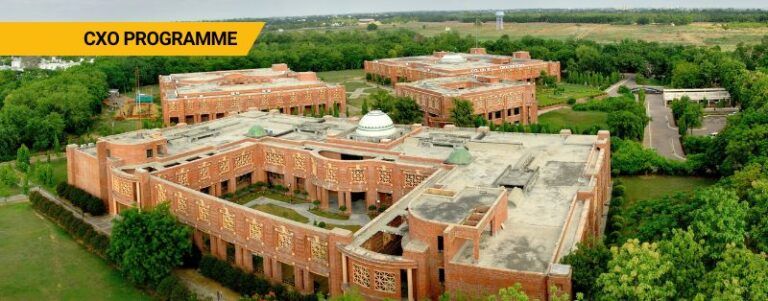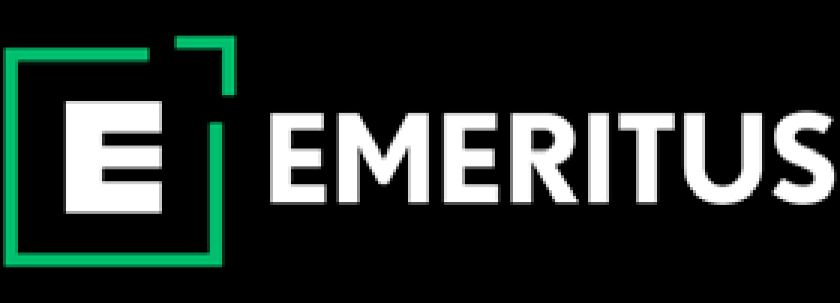Human Resources Management: Understanding its Scope & Fundamentals

Welcome to the world of HR management. Whether you’re a small business owner or an experienced HR professional, understanding the basics of human resource practices and procedures is essential for managing your employees effectively. This guide will provide an overview of the key concepts of HR management. Moreover will help you get started on building a successful HR strategy. So, let’s dive into the basics of human resource management and get you on your way to becoming a master of the art.
Human Resources Courses
What is the Meaning of HR Management
Human Resource Management (HRM) is a system of practices, procedures, and policies that enable companies to maximise their people’s productivity while also achieving their goals. Moreover, HRM has become increasingly important as technology continues to evolve and with the ever-changing needs of organisations.
Recruiting and hiring, training and development, and HRM help businesses ensure they are well-prepared for the future. Human resource managers play a critical role in the success of any organisation, and their expertise is invaluable. Moreover, they bridge the organisation’s strategic objectives and people, managing everything from hiring to performance management and reward systems.
The Primary Fundamentals of Human Resource Management
-
Recruiting and Selection
This involves the creation of compelling job descriptions, advertising positions, and interviewing and assessing potential candidates. Moreover, it involves making hiring decisions, and onboarding new employees.
-
Training and Development
This includes designing and delivering programs that help employees develop their knowledge, skills, and abilities to achieve desired performance outcomes.
-
Performance Management
This involves setting measurable objectives for each employee and providing feedback on how they are doing in their roles. It also includes planning activities related to individual development plans, appraisals, rewards and recognition, and addressing disciplinary issues when needed.
-
Employee Relations
A key area of focus within HRM is managing relations between the organisation and its employees – such as promoting a positive workplace culture with policies around diversity, equal opportunities, bullying/harassment etc., representing the organisation at hearings or investigations relating to employee rights, and ensuring compliance with relevant legislation.
-
Compensation and Benefits
This involves creating equitable compensation plans, developing appropriate benefits packages tailored to each individual’s needs, and administering payroll according to wage laws.
-
Occupational Health & Safety
The HR Manager is responsible for the safety of the office environment – this includes identifying potential health risks associated with each job role and implementing measures to reduce or eliminate them. It also involves managing risk assessments and responding to any workplace accidents or incidents in a timely manner.
-
Talent Management
This focuses on the strategic planning of an organisation’s workforce – such as succession planning, talent acquisition/retention strategies, career pathing etc., to ensure that the most suitable people are employed in each position and have ample development opportunities.
-
Labour Relations
This involves managing relations with external stakeholders such as unions, professional associations, regulatory bodies etc., and ensuring compliance with applicable collective agreements. It also includes negotiating collective contracts when necessary.
-
Strategic Human Resource Management
This is a broader area of focus which involves HRM professionals working in tandem with other executives to develop a strategy for how an organisation’s people can best support its strategic objectives. This may include setting key performance indicators, aligning corporate goals with employee rewards systems, or developing innovative workforce solutions.
-
Analytics and Technology
HRM professionals are increasingly being required to understand the role of technology in data collection, analysis, and reporting – such as HR software, workforce analytics tools etc. This involves understanding how to use these technologies to monitor employee performance and engagement, measure ROI on training programs etc., and make informed decisions based on this data.
By mastering the fundamentals of Human Resource Management (HRM), you can ensure that your organisation has the best people working within it, enabling it to reach its strategic objectives effectively and efficiently.
What is the Scope of HRM?
The scope of fundamentals of human resource management is broad and deep. It covers various topics mentioned below. Moreover, the fundamentals of human resource management provide an essential guide for any business looking to maximise their people’s potential and reach their desired outcomes.
The scope includes the following
1. Organisational Culture
It is a form of a culture where an organisation shares attitudes, values, beliefs and practices. Organisational culture includes understanding and appreciating an organisation’s overall culture and developing policies to support it.
HRM professionals are responsible for fostering a culture that encourages collaboration and innovation while embracing diversity in all aspects.
2. Leadership Development
One of the critical components is leadership development which focuses on developing, coaching and mentoring employees, as well as developing leadership skills to promote growth within the organisation.
3. Motivation and Employee Engagement
One of the essential components of HRM is motivation and employee engagement focuses on understanding how to create an environment that encourages people to do their best work and recognises and rewards employees for their efforts.
4. Job Design and Analysis
Design and Analysis focus on developing efficient, cost-effective job descriptions that describe the duties and responsibilities of a position, as well as determining the qualifications necessary for each position.
5. Training and Development Initiatives
Training and development initiatives are essential as these Initiatives focus on creating a well-rounded, effective training and development program that provides employees with the skills and knowledge necessary to succeed.
6. Rewards Systems
Reward systems are an essential part of the fundamentals of human resource management and can be used to create a positive working environment. It includes understanding the different types of rewards and how to reward employees effectively for their efforts. This includes providing incentives, recognition, awards, bonuses etc.
7. Performance Management Practices
Performance management practices focus on understanding how to set measurable goals and objectives and developing effective performance management systems that can be used to assess and improve employee performance.
8. Fundamentals of Labor Relations Strategies and More
Labour relations strategies are an essential component and these strategies focus on understanding the laws and regulations related to labour relations, as well as developing strategies for successful negotiations and collective bargaining.
Fundamentals of Human Resource Management also covers a wide range of additional topics, such as diversity and inclusion initiatives. Also employee engagement strategies, workplace safety and health programs and more. From hiring to training to managing performance it covers everything,
Learn HR Management Skills on Emeritus
Human Resource Management is a comprehensive and essential resource for those responsible for leading an organisation. It covers the vital topics necessary to effectively manage human resources, from employee motivation and engagement rewards systems to labour relations strategies.
So, to enhance your skills in HRM and make a sound working environment you should indeed take online courses on the same. Emeritus offers a multifarious range of human resource management courses to aspirants who want to upskill their proficiency in this niche. However, if you are looking for some specific executive programmes then you must check this course- Executive Programme in Human Resource Management









